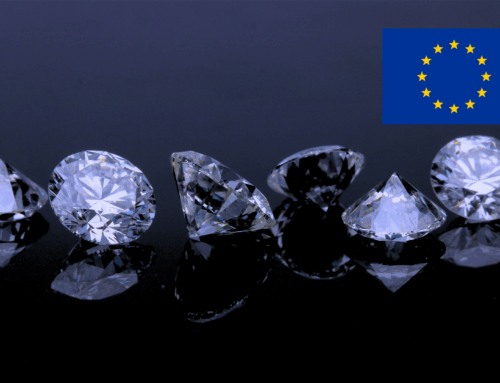Europe wants to become less dependent on raw material suppliers like China. The Chamber of Industry and Commerce for Munich and Upper Bavaria commissioned the Ifo Institute to identify supply chains that are prone to crises. The result: There is an urgent need for action regarding nine minerals.
Urgent need for action: EU, federal government, companies
Recent events have shown that the raw material supply chains can certainly break down. Because of a global pandemic or geopolitical crises like the war in Ukraine. The aim is therefore to make supply chains more diverse and robust, instead of relying on a few exporters.
This applies not only to Germany, but also to entrepreneurs. Manfred Gößl, General Manager of the Chamber of Industry and Commerce for Munich and Upper Bavaria, advises companies in the field of digitization in particular to increasingly take care of diverse and resilient supply chains for critical raw materials.
Untapped potential in the EU
But what are the critical raw materials? Here, the Ifo Institute’s study was able to identify a total of nine minerals: silicon, boron, cobalt, graphite, titanium, lithium, rare earths, niobium and magnesium. Seven of them are currently offered mainly by China.
In order to reduce dependence on China, the extraction of raw materials within the EU must be further expanded. DIHK foreign trade chief Volker Treier sees great potential there, as the IHK Munich and Upper Bavaria reported. Furthermore, Treier emphasizes the importance of sustainable trade agreements, such as with Indonesia and India.
Further information? See the report: „Wie abhängig ist Deutschland von Rohstoffimporten?“ (available in german only)
Source: IHK München und Oberbayern (German)






